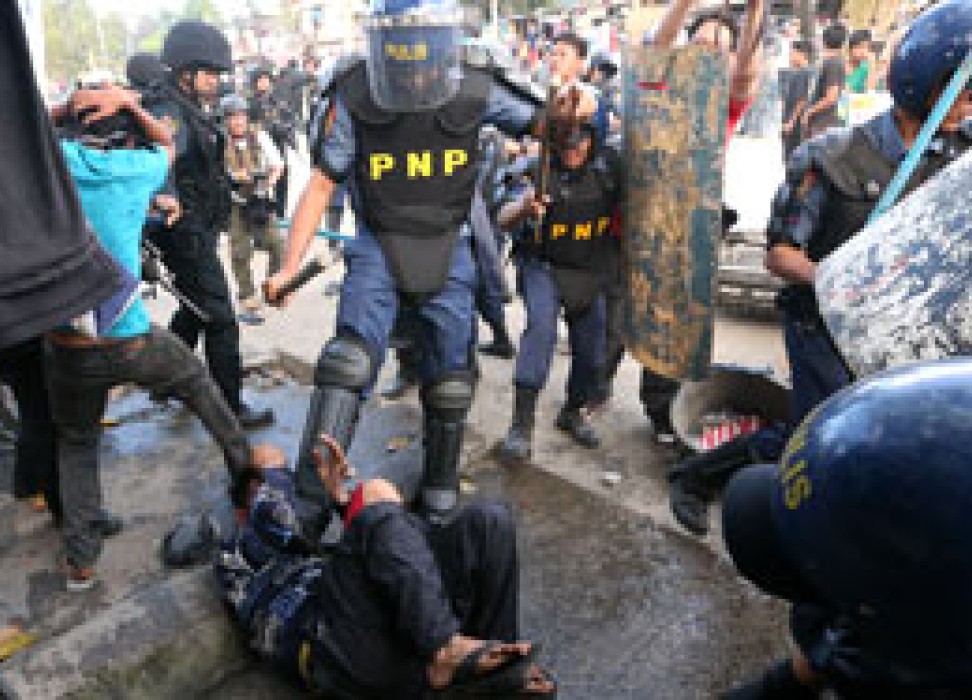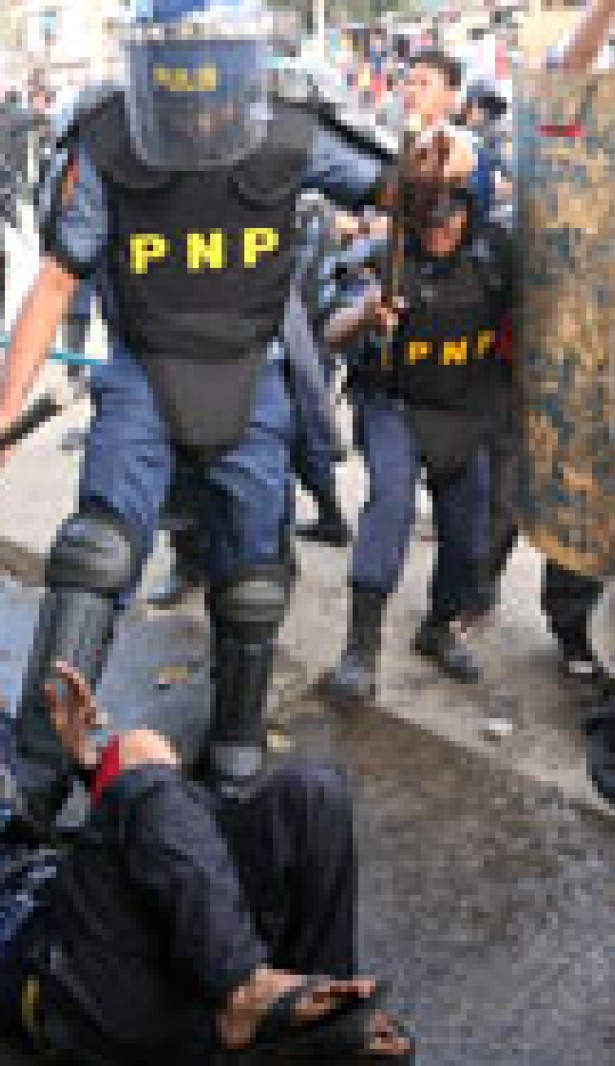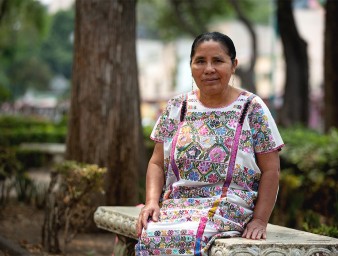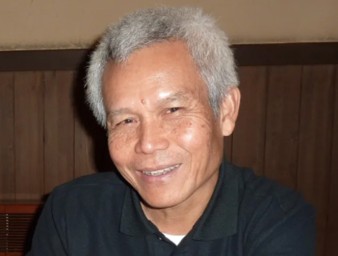To protect life- the principle of law enforcement
08 July 2014

“The police may cause as many as 1 out of every 25 violent deaths in the world, in some cases in conformity with the law but in others not,” the Special Rapporteur on extrajudicial, summary or arbitrary executions, Christof Heyns, told the Human Rights Council in session in Geneva. “Reports of impunity where people have died at the hands of the police are common.”
“An estimated 21,000 people were killed worldwide in 2011 by law enforcement officials, of an overall estimate of 526,000 violent deaths”, Heyns added, recalling that the role law enforcement is to protect society from violence and secure the rights of people.
“The extensive powers vested in the police can be easily abused in any society, and the protectors of rights can become violators of rights. It is thus in everyone’s interests that the powers granted to police are the subject of constant vigilance,” he said.
Heyns’ latest report, presented to the Council in June, builds on his earlier reports which focused on the use of deadly force by law enforcement officials during public demonstrations (2011); the protection of the life of journalists (2012); and the use of autonomous lethal robots in war or peace (2013). The Rapporteur analyses the legislation of 146 countries, and highlights that national and local laws play an important role in defining the understanding by law enforcement officers, and the population, of the extent of the police’s powers and accountability.
“The laws of each State remain the first line and in many cases effectively the last line of defense for the protection of the right to life, given the irreversibility of its violation,” Heyns stressed in his report.
The expert said that any use of force by the police must be sanctioned by domestic laws which should comply with international standards and guarantee the right to life.
Heyns was particularly alarmed by the regression caused by law reform proposals in certain countries. He cited Peru’s 30151 law of January 2014, which grants exemption from criminal liability to law enforcement officers who cause injury or death while performing their duties. In Kenya, the National Police Service Bill Amendment would legitimize far-reaching infringements of civil liberties during protests under the presumption of a terrorist threat. Laws adopted in Honduras would entitle the State to shoot down civilian planes in the name of drug control.
“The principles of necessity and proportionality as understood in international instruments are frequently not properly reflected in domestic laws. Intentional lethal force may be used only as a last resort and where strictly necessary in response to an immediate threat to life,” Heyns reminded the Council. “This is what I call the ‘protect life’ principle.”
The Rapporteur stressed that the police is accountable to the population and that all States should have accountability provisions and procedures for their law enforcement apparatuses.
Heyns advised that supplying law enforcement officers with so-called “less-lethal” weapons - such as rubber bullets, tear gas and portable electrical shock devices - could lead to more restraint in the use of firearms. He cautioned, however, that clear instructions about the use of this sort of weapons should be provided to police officers to avoid serious injuries, or even death. He also recommended that States agree on appropriate international guidelines on the development and use of those devices in a growing and self-regulated market.
8 July 2014




